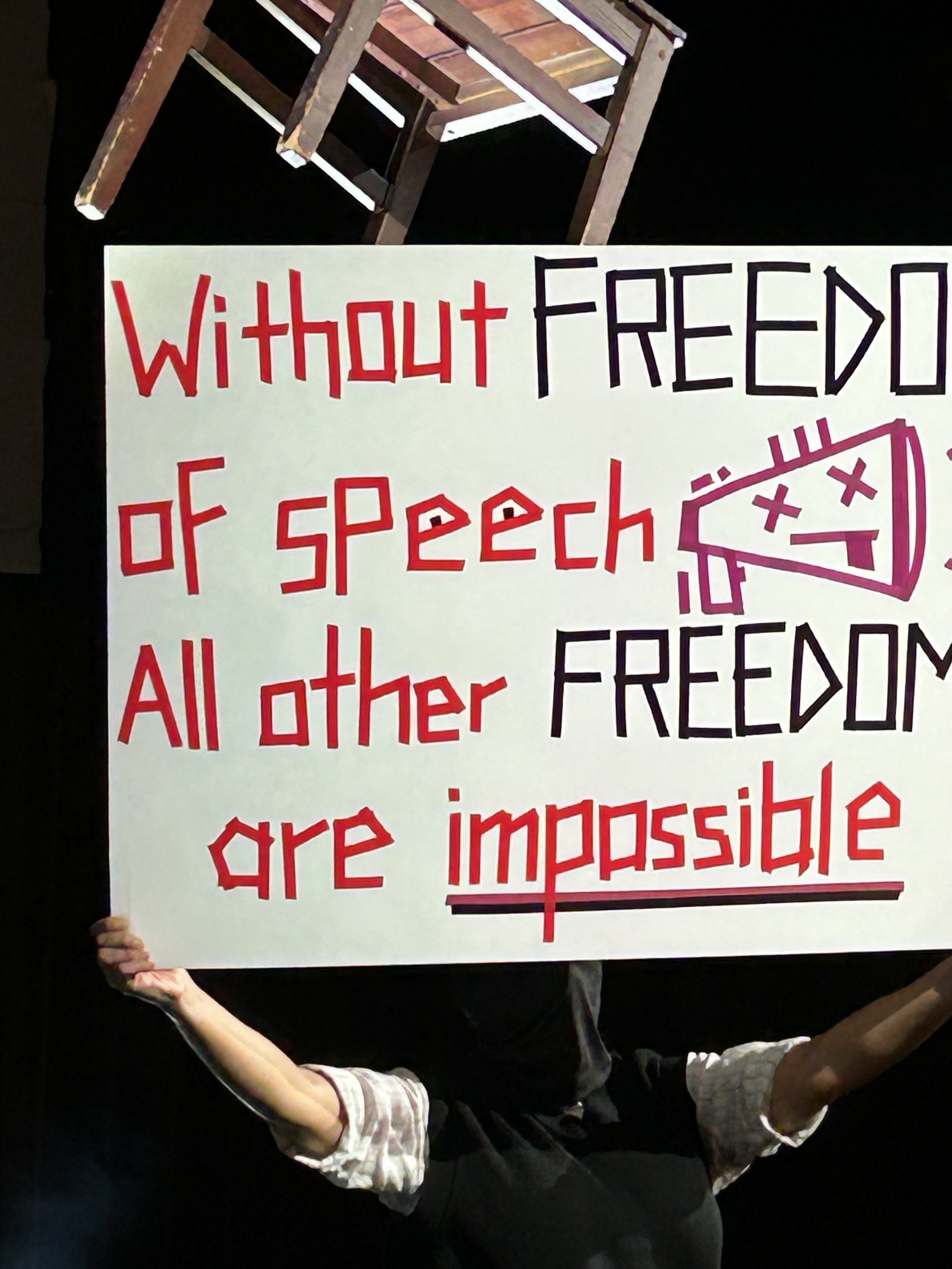
The year the judiciary lost everything
Is the solution to past injustice ensuring that justice can’t ever be done in the future, for anyone? Put another way, was a single prominent decision of the now-redundant Constitutional Bench actually constitutional?
A more honest reason is revenge: that it was high time the third branch was put in its place. But those exulting that the judges deserve it seem to be yelling into the abyss: one that saw the quiet retirements of Iftikhar Chaudhry and Saqib Nisar eons ago, and a decline in suo motu ever since.

When the First Amendment meets the Digital Services Act
It is idealistic to believe that the self-regulation model can work when it comes to massive social media companies. These are not “town squares.” They are commercial entities, driven by commercial incentives. They will adapt or comply with regulations based on a business calculus, not a principled one. Self-regulation fails when its aims conflict with global profit. Europe and most of the world understands this, and even within the U.S., there is a push to do more.

Constitutional Legitimacy
This amendment was never about creating a more responsive and accountable judiciary, but one that could be more easily managed by a hybrid regime that is insecure about its own future. Divested of pretence, it must be called for what it truly is: an instrument of guarantee.

On Secrets
The OSA gives legal cover to the executive to label anything as secret information and prevent its disclosure. It is irrelevant whether this information may, for example, expose government corruption or misconduct. Insulating the state from accountability and transparency – two hallmarks of democracy.

The Suo Motu’s Integrity Problem
My argument is that the Supreme Court’s power to take suo motu notice, as it is currently practiced, is difficult to justify from either a rule of law perspective, or, from the standards of democratic governance. And for this reason, I think it is time we gave serious consideration to arguments concerning the merits of judicial restraint and a reform of the powers of the Chief Justice of Pakistan.